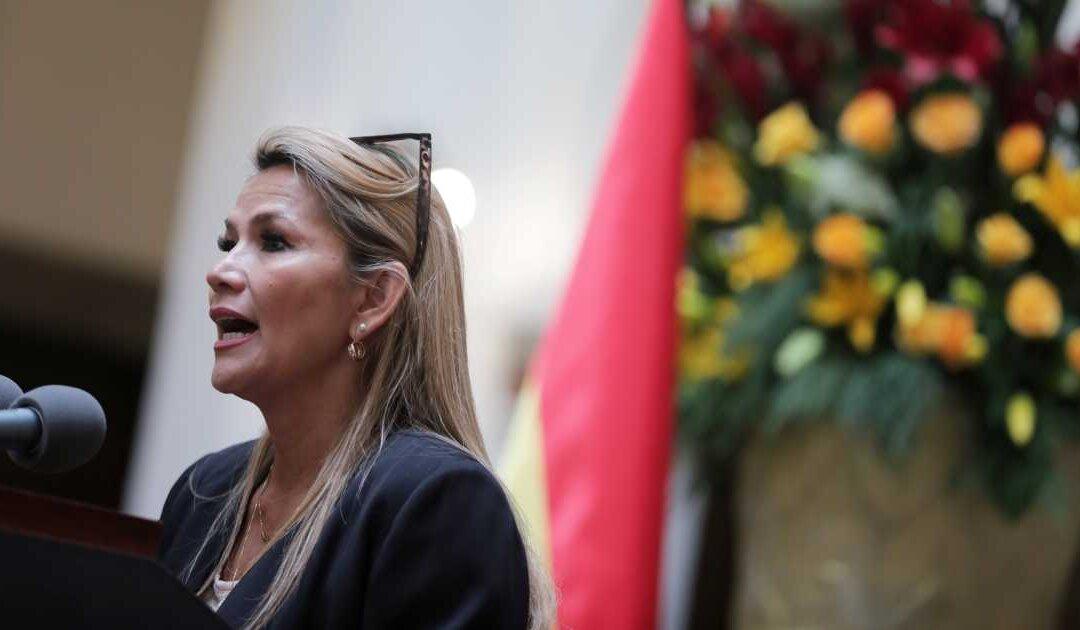LA PAZ—Bolivia’s interim president said on Nov. 14 that Evo Morales wouldn’t be welcome to take part in new elections after the long-standing leftist leader resigned and fled to Mexico amid rising pressure over vote-rigging allegations.
Jeanine Áñez, 52, who took over on Nov. 12, is battling to bring calm to a sharply divided Bolivia that has been rocked by protests since the Oct. 20 election, which was won by Morales but marred by widespread allegations of fraud.





